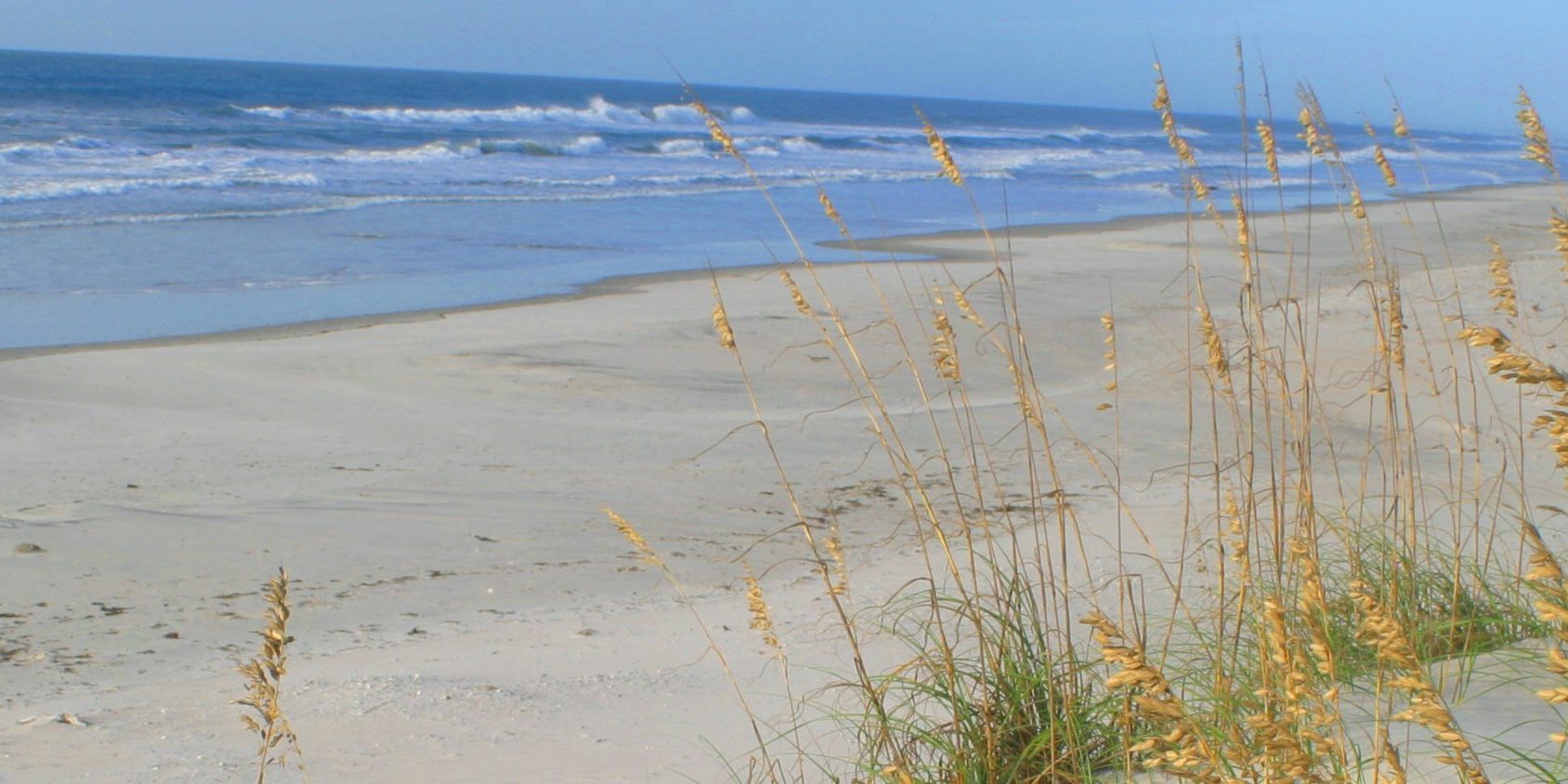Island Residents Question Development Proposed for the Former Site of Mad Inlet
Updates
In 2018, the state budget appropriated $2.5 million to purchase the 35-acre tract of land for preservation. The property must first be appraised. It is unclear when the state plans to buy the land, but if the offer is accepted, the land will not be developed. If it’s declined, the lawsuit over which entity owns the land will be re-initiated. Read more in Coastal Review Online.
In 2016, town officials discovered the town might own the land. After the developer received state and federal permits that June, the town council voted unanimously to go to court over ownership of the land. In 2017, the town council accepted a memorandum of agreement that allowed the developers the rights to sell the land to the state.
Background
A local developer submitted plans in 2015 to the Town of Sunset Beach to develop an oceanfront residential community on what was formerly Mad Inlet in Brunswick County.
Inlets, by their very nature, are highly dynamic — opening, closing, widening, growing shallow.
Mad Inlet, which closed in 1998, separated the town of Sunset Beach from Bird Island, which is protected from development as part of the North Carolina Coastal Reserve system.
The inlet area was classified as an inlet hazard area by the state but a 2014 action by the Coastal Resources Commission opened the door for development of this privately owned site. The CRC had first proposed changed the classification in 2010.
Residents upset by the proposed development have mounted a sustained campaign to stop it, concerned that it would threaten Bird Island, the primary dunes and the estuarine habitats behind the island.
The proposed development had significant hurdles to overcome before receiving approval by the town and by a host of local, state and federal regulators:
- The site is located in a federal Coastal Barrier Resource Act (CBRA) designated area, which limits the extension of federally financed infrastructure (roads, water, sewer, electricity and telephone) in the fragile barrier island habitats. Limitations on infrastructure and federal flood insurance are the types of federal assistance which are prohibited in CBRA components.
- Based on the federation’s correspondence in 1994 with U.S. Fish and Wildlife Service on a similar issue we now know that the proposed development cannot be supplied with services such as drinking water, sewage system, electricity and telephone if these utilities are constructed using federal funds.
- The U.S. Fish and Wildlife Service on January 6, 2015 submitted a comment letter on the proposed development detailing their concerns including a warning that if federally funded infrastructure is extended to the development it would make the city and county ineligible for any future federal aid to pay for or repair these utilities even after a disaster.
The Southern Environmental Law Center submitted a 2016 comment letter on behalf of the North Carolina Coastal Federation.

